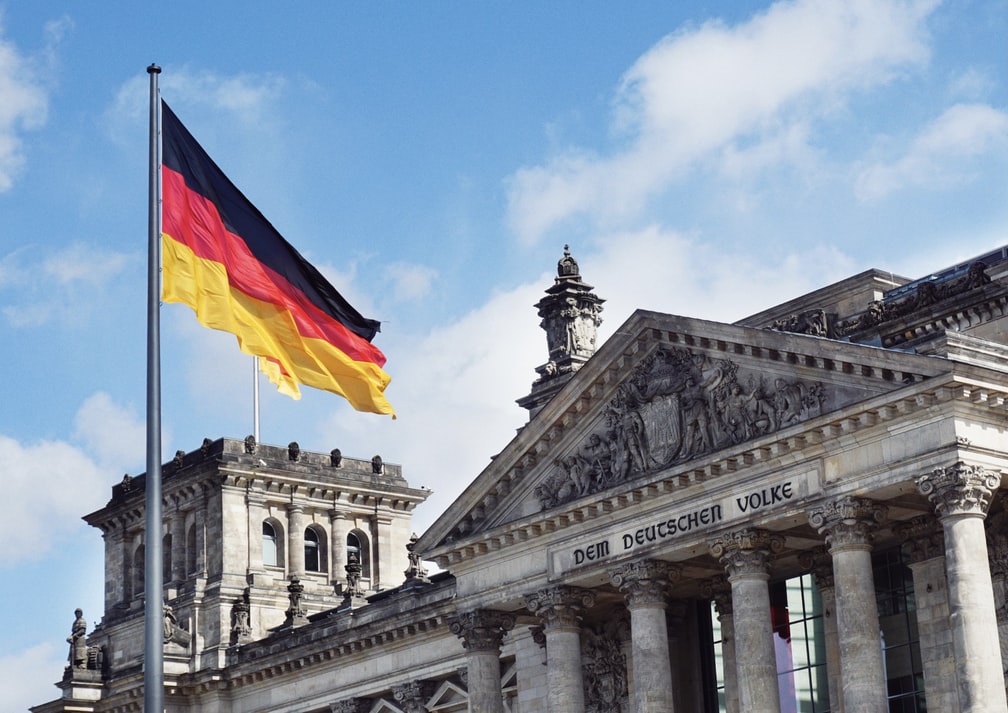The high level of life, effective public transportation, first-rate healthcare, and superior educational system that characterize Germany are well known. Germany’s cost of living is always changing. Germany saw inflation as high as 10.4% in October 2022, with food and energy costs seeing the largest increases. Germany is still a very reasonable location to live, particularly when compared to other European nations, despite current inflation.

Accommodation
Wherever you reside in Germany, lodging is probably going to be your major outlay. In Germany, a city’s perceived affordability is mostly based on the cost of lodging.
Apartment leasing
Numbeo’s most current statistics show that you should budget the following amount for rent each month:
- A one-bedroom apartment in the city center costs €854.
- An apartment with one bedroom outside of the city center costs €627.
- A room in a shared apartment costs €450.
The typical cost of renting an apartment might be much higher in the downtown areas of Munich or Berlin.
Internet and utilities
Also, you’ll need to pay for utilities like warming, water, power, and waste disposal. By and large, €246 each month for an 85 m2 property. In contrast to rent, the price of these utilities is generally the same across Germany. When moving into an apartment in Germany, tenants are nearly always responsible for setting up their internet contract, which costs on average €35 per month.
Purchasing a home
For a city center apartment, the average price to purchase real estate is €6743 per square meter and €404,580 for 60 square meters. An apartment in the suburbs is priced at €4784 per square meter. On average, you can expect to spend €287,040 for 60 square meters. Buying a home may be quite expensive, with cities like Munich (where a square meter costs €12,209 in the city center and €8,955 in the outskirts) somewhat distorting average prices.
Social security and health insurance
In Germany, these are required and deducted from your salary regularly. As you can see below, a critical part of your pay as an employee (around 20% of your gross pay) is taken up by medical coverage and social security commitments:
- 7.3% of your pay goes for healthcare coverage.
- 9.35% of your income goes for pension insurance.
- Insurance for long-term care: 1.525% of your annual wage.
- Insurance against unemployment: 1.2% of your earnings.
You as an employee obtain significant social assistance in the case of illness, unemployment, or old age in exchange for making these insurance payments. However, you are expected to get only medical coverage in the country if you work independently or as a freelancer. The annuity, long haul care, and work protection are not your obligation to pay. German medical coverage will cost you around €400 each month assuming you are youthful and independently employed. For a 60-year-old who is independently employed, a comparable inclusion would likely cost around €800 each month.
Transportation
Like housing, the expense of transportation here changes enormously depending upon your decisions.
Cycling
Pedal power is by a wide margin the most economical type of transportation. You can keep the wheels going with a few carbs on board at no additional expense other than standard bicycle maintenance. Of course, the initial cost of buying a bicycle will be incurred. But with new bikes available from approximately €250 and second-hand beginning at around €50, this is a rather reasonable investment for what might be endless hours in the saddle. Riding is a very popular and practical mode of transportation in Germany. The majority of cities and towns have bicycle-friendly designs and the required infrastructure is in place to make cycling a safe mode of transportation.
Public transportation
Germany likewise has the best open transportation framework on the planet. Germany has top-notch train, metro, bus, and cable car services. The nicest part is that public transportation in Germany is quite inexpensive. Numbeo reports that the average cost of a single local transportation ticket is presently €2.80, while the average price of a one-month pass that provides unlimited local transportation is just €70.
Food
Prices in Germany are affordable when compared to several of its neighbors. Germany manufactures many of its commodities and is the biggest producer of milk, potatoes, and pork in Europe because of its extensive agricultural sector. As a result, you may anticipate relatively affordable costs at supermarkets all around the nation. Prices seldom vary across areas, although supermarkets in metropolitan centers often add on a little more. Germans prefer eating out and going out for drinks with friends and family even when grocery costs are cheap. Similar to grocery shopping, dining out is affordable.
Education
In Germany, children begin school when they turn six. Both public elementary and secondary schools are entirely free in Germany. You are only obligated to pay for school-related expenses like supplies and field excursions. There are also no tuition fees for undergraduate degrees at German public institutions. There is consistently the chance to sign up for an international school, as there is in most countries. It will cost you cash if you want your child should go to there instead of a German state-funded school.
You may also like these articles
